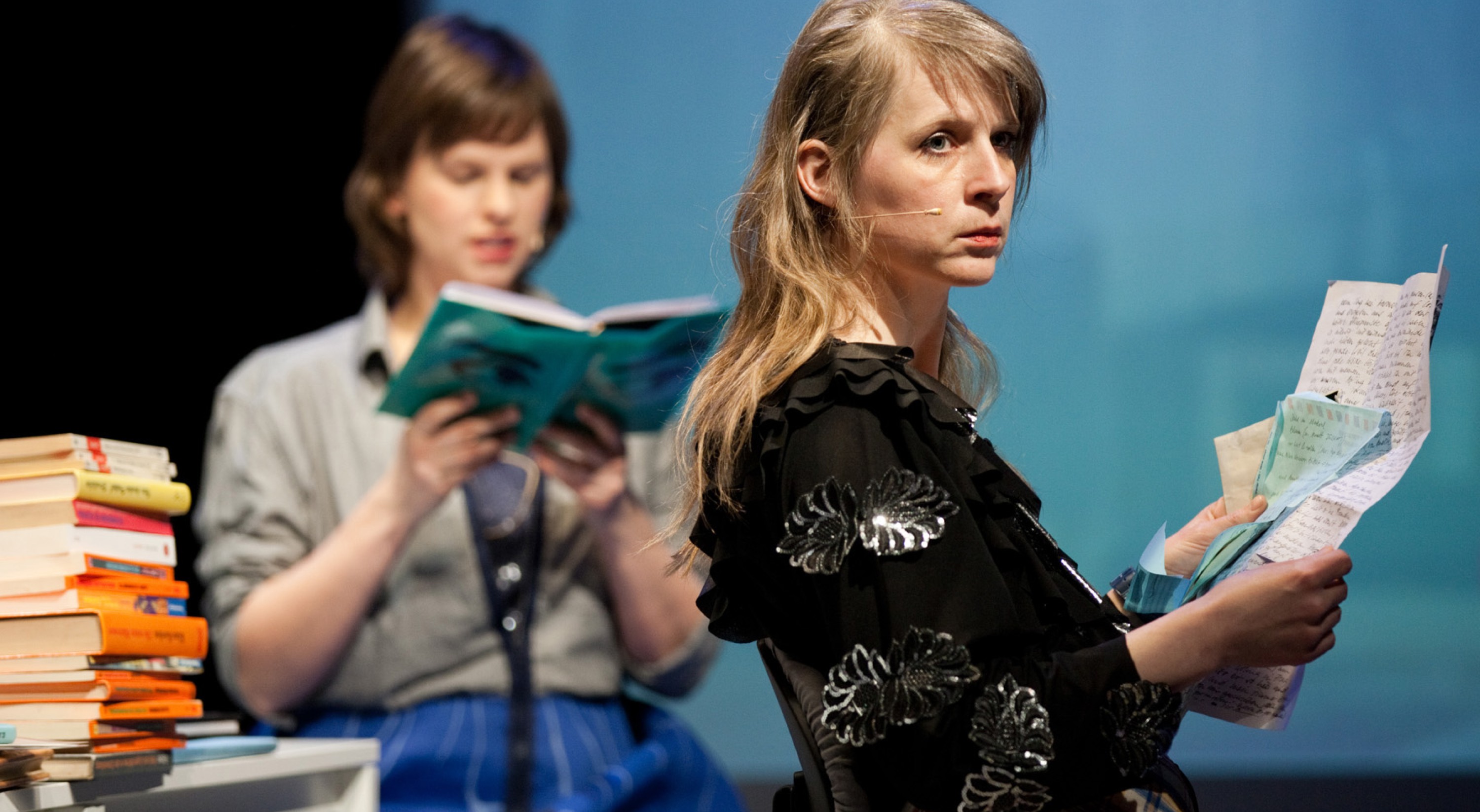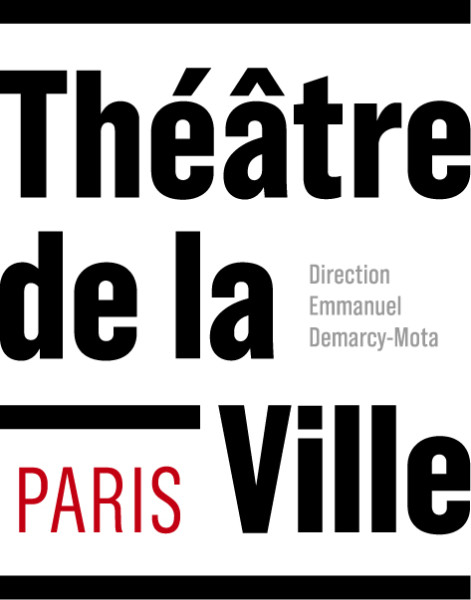She She Pop
Schubladen
octoberoct 14 – 17
Concept, She She Pop
By and with Sebastian Bark, Johanna Freiburg, Barbara Gronau, Annett Gröschner, Fanni Halmburger, Alexandra Lachmann, Katharina Lorenz, Lisa Lucassen, Mieke Matzke, Peggy Mädler, Ilia Papatheodorou, Wenke Seemann, Berit Stumpf and Nina Tecklenburg
Coordination, dramaturgy, Veronika Steininger
Stage design, Sandra Fox
Costume design, Lea Søvsø
Lighting design, Sven Nichterlein
Sound design, Florian Fischer
Video design, Sandra Fox, and Branka Pavlovic
Apprentices, Eilika Leibold, and Anja Predeick
Production/Public relations, ehrliche arbeit – freelance office for culture // Company manager, Elke Weber
A coproduction by She She Pop ; HAU Hebbel am Ufer Berlin ; Kampnagel Hamburg ; FFT Düsseldorf ; brut Wien // In collaboration with Théâtre de la Ville-Paris ; Festival d’Automne à Paris // With support from Berlin – Senatskanzlei Kulturelle Angelegenheiten, Behörde für Kultur, Sport und Medien der Freien und Hansestadt Hamburg, Fonds Darstellende Künste, Rudolf Augstein Stiftung
With the support of the Goethe Institut
The piece was first presented on 8th March 2012 at Hebbel am Ufer Berlin
In partnership with France Culture
Since 1993, She She Pop, the Berlin female collective has been staging works which dissect social rituals and media systems, combining humour and intransigence, spontaneity and sincerity. After inviting their fathers to join them onstage in Testament, the members of She She Pop continue their inter-generational research here, accompanied by their mothers, in an adaptation of Stravinsky’s The Rite of Spring. Leaving behind the archaic rituals of ballet in favour of the rather more contemporary theme of motherly devotion, the collective tackles the issue of women’s place in society, caught between forsaken hopes and personal fulfillment. With this version of The Rite of Spring, She She Pop attempts to create a community of individuals whose emergence would not be beholden to such sacrifices.
“Who were we? Who are we? Why have we turned out like this?”. In Schuhbladen (“drawers” in German), individual conflict is given a historical dimension in the drama of German reunification. The three She She Pop performers, of West German origin, take their seats opposite their homologues from the former East Germany. This gives rise to a radically honest experience, not dissimilar to couple therapy, during which the couples go through their old chests of drawers, retrieving a medley of diaries, letters from their youth, records, souvenirs and bedtime books. These items form subjective weapons in the battle waged between the six performers, and enable them to write a unique, collective story. In doing so, their efforts to create a true relationship are unceasing, far from any East/West clichés.
In the same place

